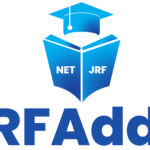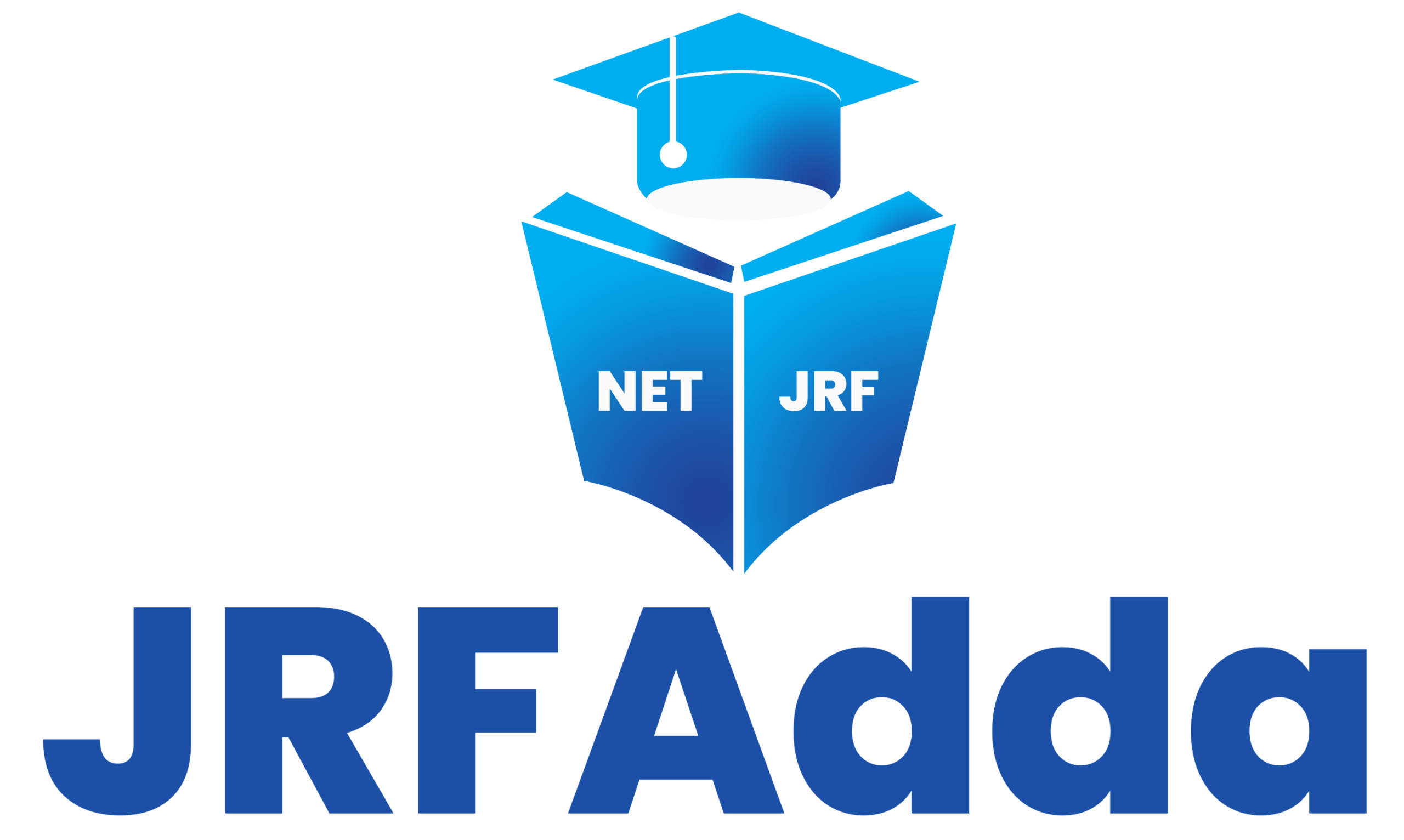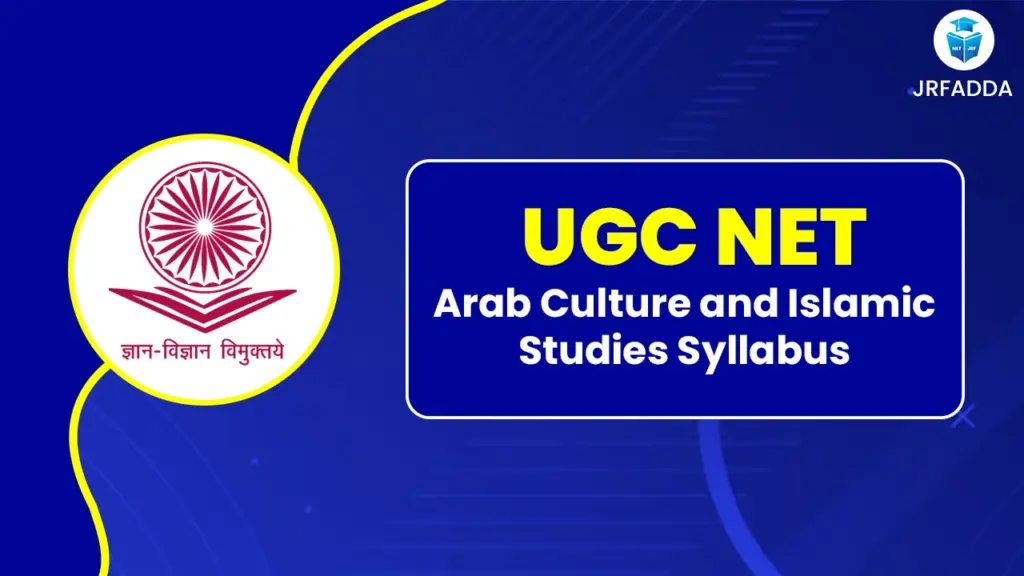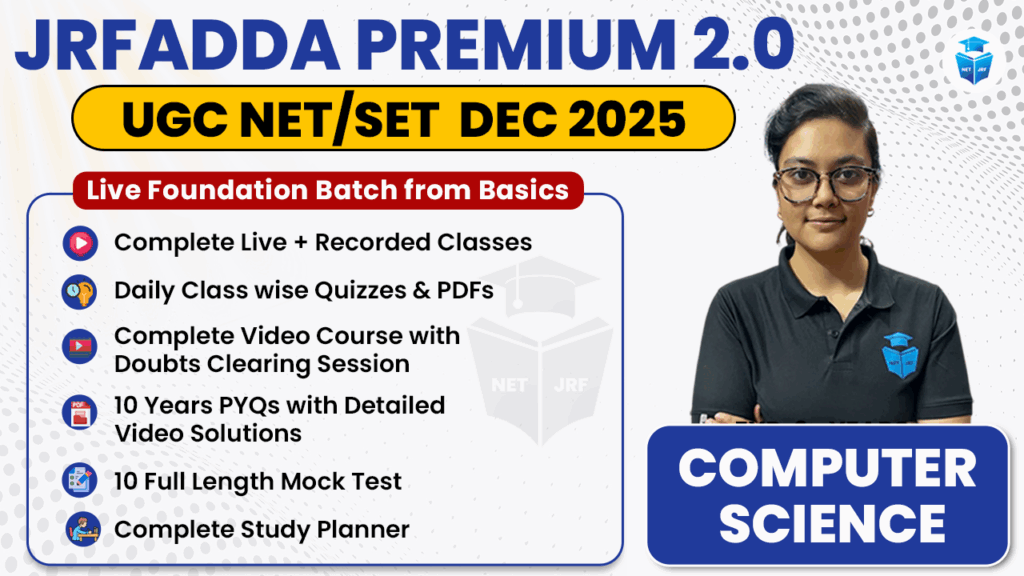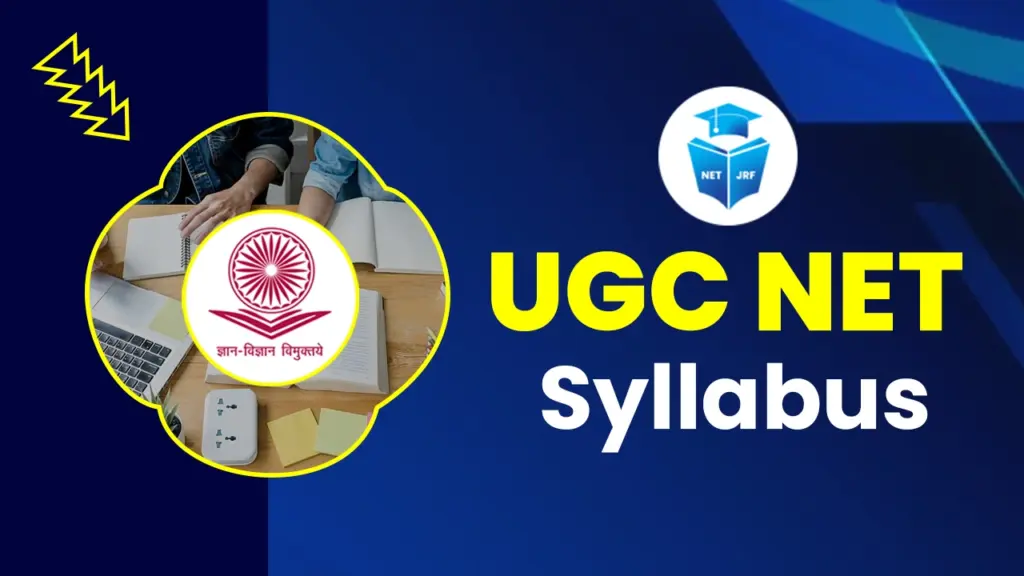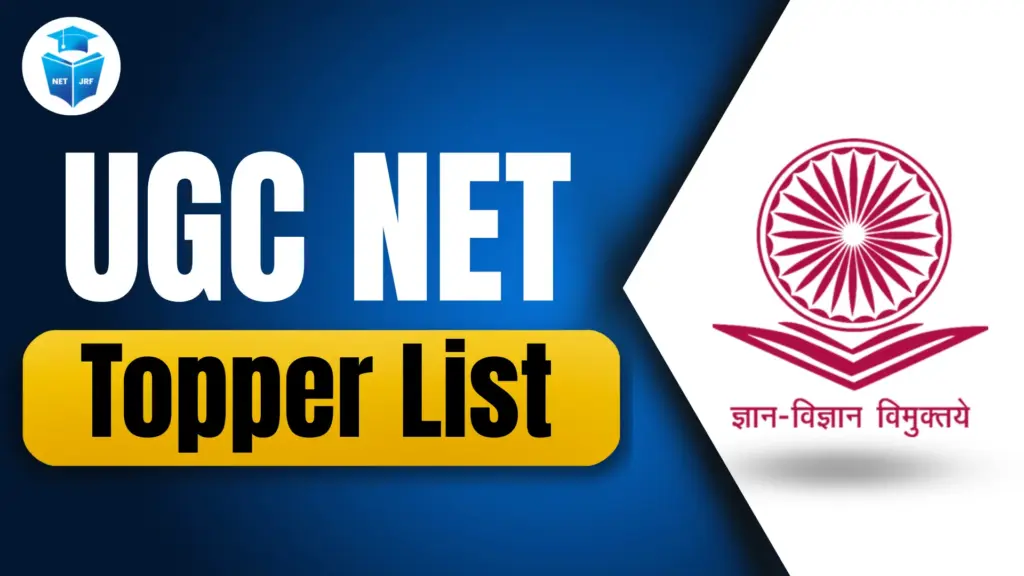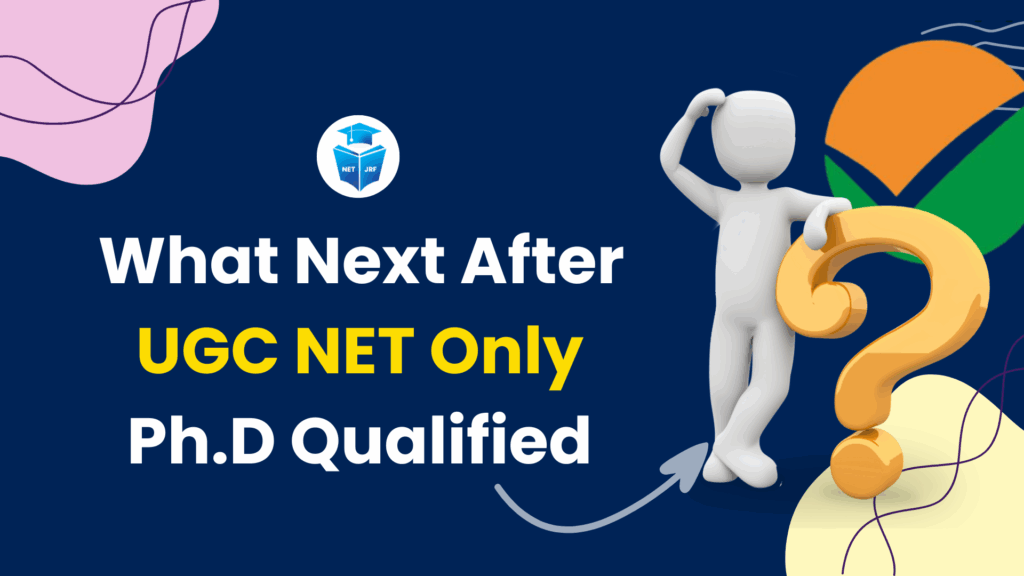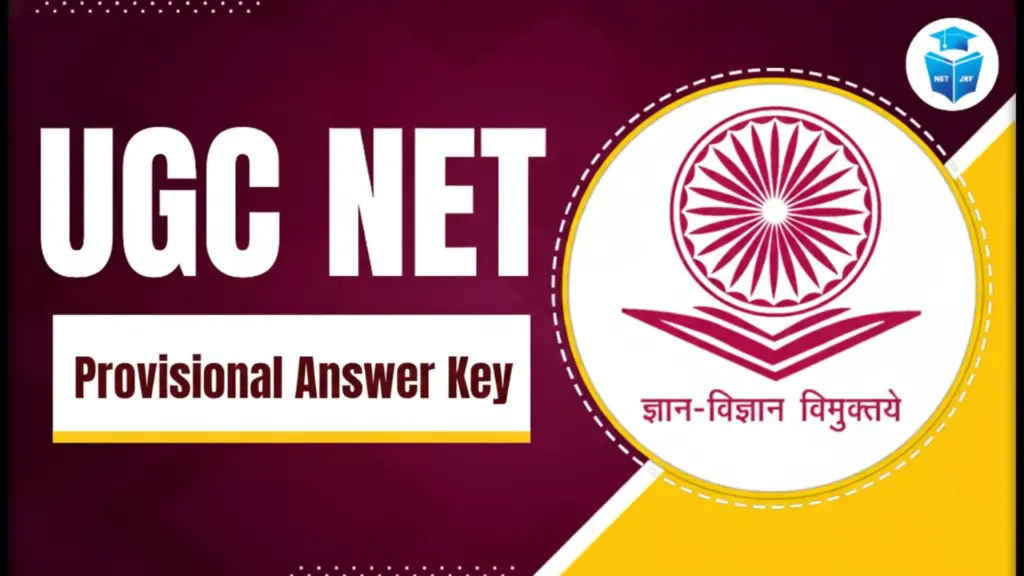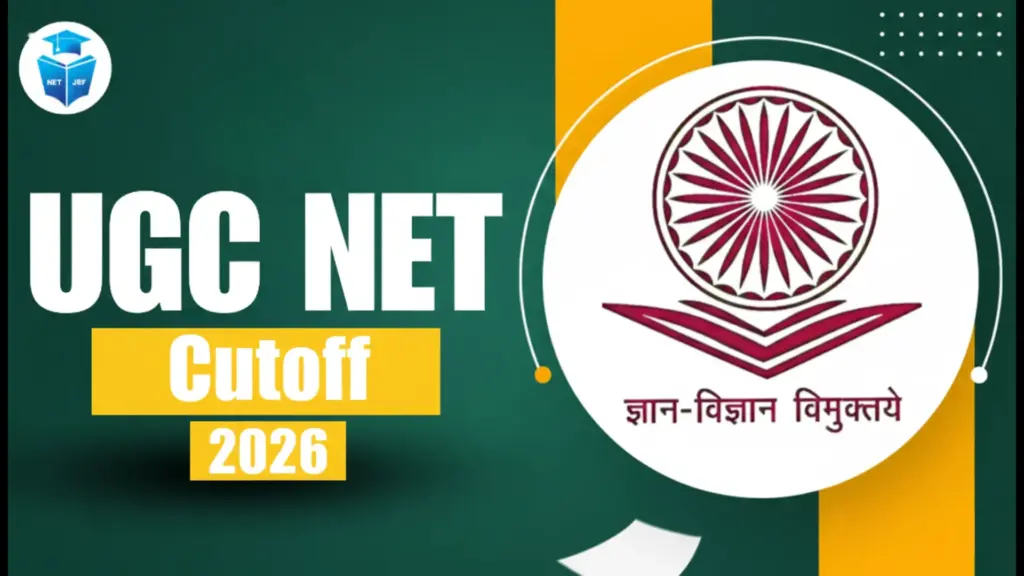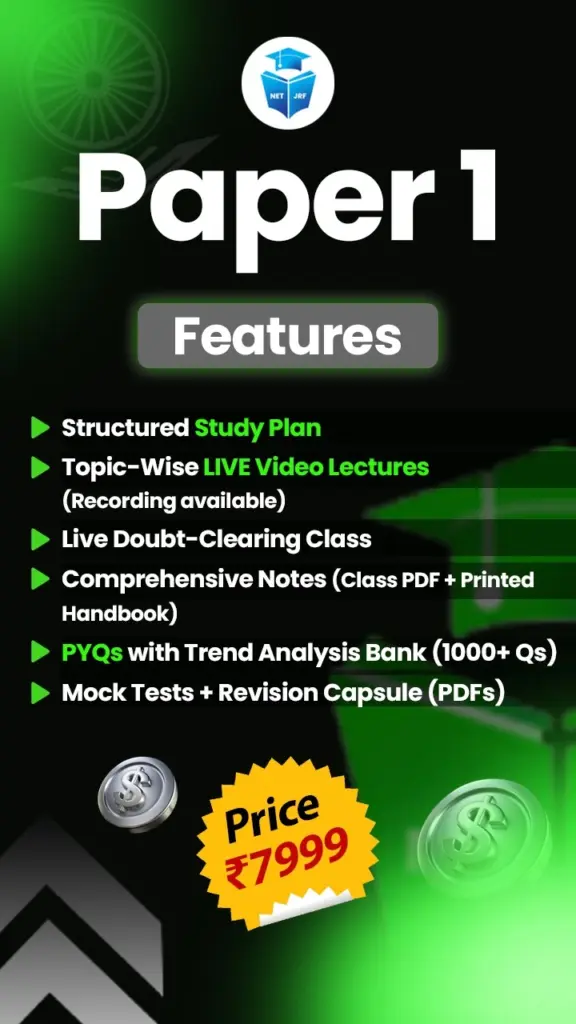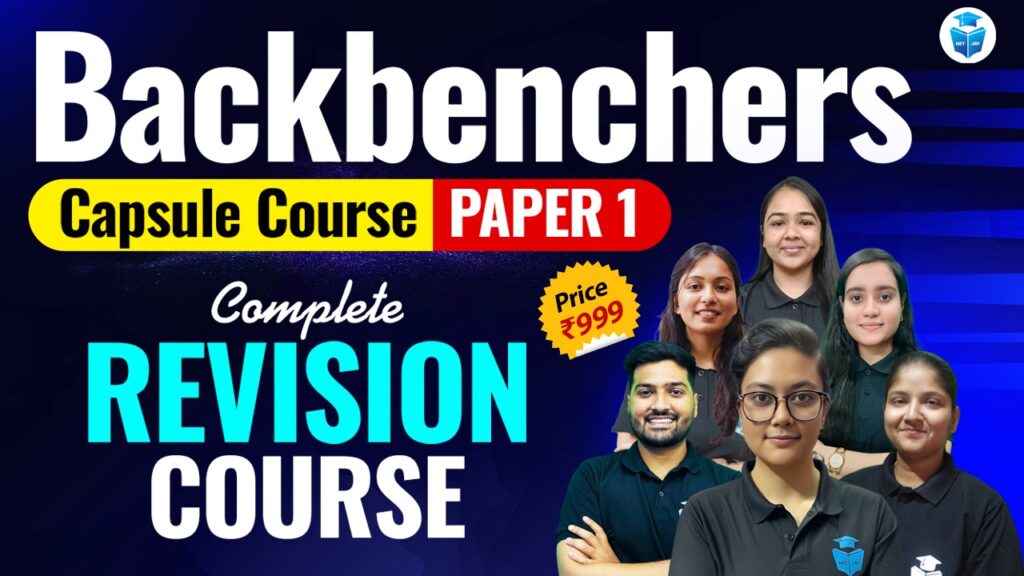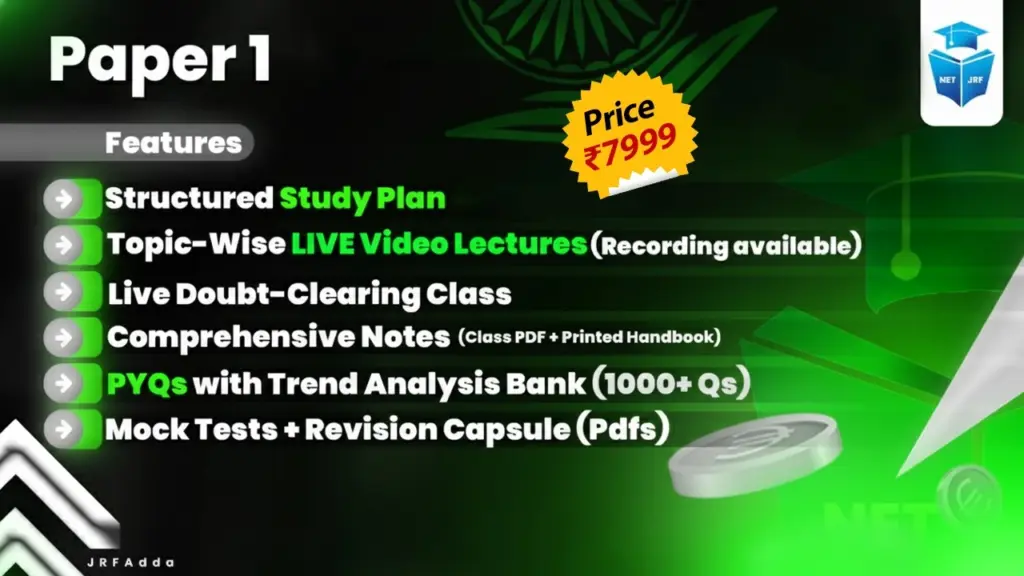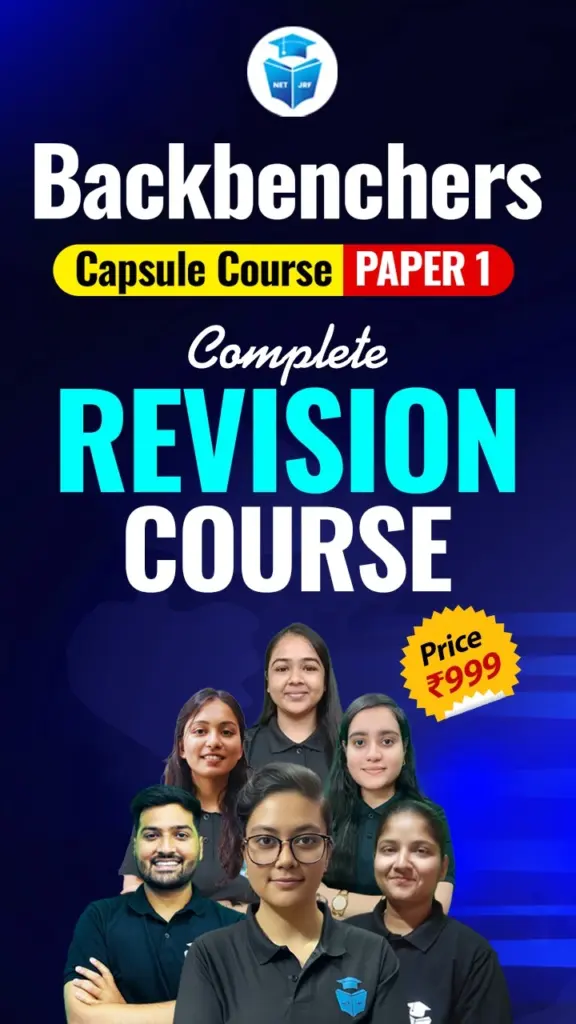UGC NET Arab Culture and Islamic Studies Syllabus 2025 is a document intended for candidates aspiring to pursue a professional career as Junior Research Fellow (JRF) or Assistant Professor. It encompasses the depth of topics such as Islamic civilization, including its theology, philosophy, and art, in addition to the linguistic diversity of Arabic. This article provides a complete breakdown of the unit-wise syllabus, exam pattern, and official PDF links.
UGC NET Arab Culture & Islamic Studies exam 2025 of december cycle held on 6 January 2026, Shift 1.
Also Read: UGC NET Study Material 2026
UGC NET Arab Culture & Islamic Studies Exam 2025 Overview
Released by the National Testing Agency (NTA), this UGC NET Arab Culture and Islamic Studies Syllabus 2025 outlines the scope of both Paper I and Paper II, the two parts of the UGC NET examination.
Paper I: applicable to all subjects
Paper II: Arab Culture and Islamic Studies
The dates for the second session (December) of the UGC NET exam have been announced, and the exam is anticipated to take place between January 1 and January 19, 2026, as the June session has ended.
| Features | Details |
| Name of Examination | UGC NET |
| Conducting Authority | National Testing Agency (NTA) |
| Mode of Exam | Online (CBT) |
| Medium of Exam | English and Hindi |
| Level of Exam | National |
| Number of Papers | Paper I & Paper II |
| Total Questions | 150 |
| Subject Code (Arab Culture and Islamic Studies) | 49 |
| Exam Date | 6th January 2025 in Shift 1 |
| Official Website | ugcnet.nta.ac.in |
Also Read: UGC NET Syllabus 2026
UGC NET Syllabus 2025 Paper I PDF
The UGC NET Paper I is applicable across all subjects and aims to assess a candidate’s general aptitude in areas like teaching, reasoning, comprehension, communication, and research abilities. For a structured preparation, download the Paper I syllabus from the link attached.
Download UGC NET Paper I Syllabus PDF
UGC NET Arab Culture and Islamic Studies Syllabus 2025 Paper II PDF in English
Paper II of the UGC NET Arab Culture and Islamic Studies Syllabus 2025 focuses primarily on historical insights, cultural depth, and academic significance. Download the official PDF from the direct link provided and enhance your preparation.
Download Paper II UGC NET Arab Culture & Islamic Studies Syllabus 2026 PDF – English
UGC NET Arab Culture and Islamic Studies Syllabus 2025 Paper II PDF in Hindi
The UGC NET Arab Culture and Islamic Studies Paper II syllabus in Hindi has been made available by the official website of the UGC NET. Download the Hindi PDF of Paper II UGC NET Arab Culture and Islamic Studies Syllabus 2025.
यूजीसी नेट अरब संस्कृति और इस्लामी अध्ययन पाठ्यक्रम 2026 हिंदी पीडीएफ डाउनलोड करें
UGC NET Arab Culture and Islamic Studies Syllabus 2025 Analysis
The UGC NET Arab Culture and Islamic Studies Syllabus 2025 is a thorough manual that covers the entire curriculum from Paper I and Paper II. A detailed unit-wise analysis of both Paper I and Paper II is provided below.
UGC NET Syllabus 2025 Paper I
Paper I of the UGC NET Syllabus 2025 includes 10 main units that cover reading comprehension, research and teaching skills, mathematical and reasoning abilities, and general awareness.
| Unit No. | Topic | Areas Covered |
| 1 | Teaching Aptitude | Nature, objectives, levels of teaching, learner characteristics, teaching methods, feedback and evaluation systems |
| 2 | Research Aptitude | Methods and steps in the research process, writing of thesis and article, ethical issues, employing ICT in research, data collection tools, and techniques |
| 3 | Comprehension | Reading comprehension, understanding, analysing, and interpreting passages, answering direct questions |
| 4 | Communication | Communication types, effective communication, barriers, classroom communication, and use of ICT |
| 5 | Mathematical Reasoning and Aptitude | Number & letter series, coding & decoding, basic numeracy, profit & loss, arithmetic, interest, discount |
| 6 | Logical Reasoning | Venn diagrams, syllogisms, analogies, statements and conclusions, arguments and assumptions, critical reasoning |
| 7 | Data Interpretation | Interpretation and analysis of data from graphs, tables, and charts, and basic statistical tools |
| 8 | Information and Communication Technology (ICT) | Implementation of ICT, internet and digital tools in education, cloud computing, e-learning platforms, cybersecurity, and ethics |
| 9 | People, Development and Environment | Environmental issues, sustainable development, natural resources, renewable and non-renewable energy, environmental protection laws, and policies |
| 10 | Higher Education System | History and development, policies, reforms, committees, and commissions; value education; issues and challenges |
Also Read: UGC NET Online Coaching 2026
UGC NET Arab Culture and Islamic Studies Syllabus 2025 Paper II
Paper II of the UGC NET Arab Culture and Islamic Studies (subject code 49) has ten main units that focus on major historical periods, key figures, philosophical movements, and linguistic developments.
| Unit No. | Topics | Areas Covered |
| 1 | Emergence of Islam and Khilafat-e-Rashidah | Pre-Islamic Arabia, Prophet’s life, migration, Khilafat institution, Rashidun Caliphate achievements |
| 2 | The Umayyads | Rise of Umayyads, major rulers, scholars, state Arabisation, cultural and administrative development, decline |
| 3 | The Abbasids | Establishment, Rulers, Scholars, Administration, Education, Art, Commerce, Foreign Relations, Decline |
| 4 | The Arabs in Spain and Sicily | Spread of Islam to Spain and Sicily, cultural achievements, scholars’ influence on Europe, trade, city-states, fall of Granada and Inquisition |
| 5 | Dynasties of East and West | Overview of early Islamic dynasties (e.g., Ghaznavids, Saljuqs, Ayyubids), their regional roles and historical significance |
| 6 | The Ottoman and Safavid Empires | Origins, administrations, reforms, society, military, intellectual life, interaction with Europe, decline |
| 7 | Islam in India | Advent in India, Sindh, Delhi Sultanate, Education, Mughal Rule, Literature, Art, Trade, British Colonialism, Freedom Struggle |
| 8 | Islamic Sciences – Tafsir, Hadith, Fiqh | Quran compilation, Teachings, Tafsir origins, Fiqh, Hadith development, Classical Tafsir |
| 9 | Muslim Philosophy, Sufism & Contributions | Muslim philosophy, Philosophers, Theological Sects, Sufism, Muslim contribution to sciences |
| 10 | Modern Trends & Movements in Islam | Western modernity, Movements (Wahabiyya, Ikhwan), Modern Thinkers, Arab Nationalism, West Asian Conflicts, Indo-Arab Relations |
Also Read: UGC NET Exam 2026
UGC NET Arab Culture and Islamic Studies Exam Pattern 2025
The UGC NET Arab Culture and Islamic Studies 2025 examination is split into two papers and has a total of 150 questions. Each question that is correctly answered is awarded two points, while wrong answers or no answers do not incur any penalty.
| Paper | Subject | No. of Questions | Total Marks | Duration |
| Paper I | General Aptitude | 50 | 100 | 1 hour |
| Paper II | Arab Culture and Islamic Studies | 100 | 200 | 2 hours |
| Total | – | 150 | 300 | 3 hrs |
Also Read: UGC NET Exam Pattern 2026 For Paper 1 & 2
Conclusion:
UGC NET Arab Culture and Islamic Studies 2025 offers a prestigious pathway for candidates to explore Islamic heritage and build careers as Assistant Professors or researchers. Downloading the official UGC NET Arab Culture and Islamic Studies 2025 syllabus PDF helps align preparation with the latest exam pattern. A strategic, syllabus-focused study plan and consistent practice are essential to succeed in this competitive exam. With disciplined preparation, aspirants can achieve rewarding academic and research careers in this domain.
UGC NET Arab Culture & Islamic Studies Syllabus 2025 FAQs
Where can I download the UGC NET Arab Culture and Islamic Studies syllabus PDF?
You can download it from the official UGC NET website or use the direct links provided above.
What is the UGC’s officially issued subject code for the UGC NET Arab Culture and Islamic Studies exam?
The subject code for the UGC NET Arab Culture and Islamic Studies exam is 49.
How many questions are asked in Paper II of the UGC NET Arab Culture and Islamic Studies?
There are a total of 100 questions asked in Paper II. Each question carries 2 marks, totalling 200 marks.
Is there any negative marking in the UGC NET Arab Culture and Islamic Studies exam?
There is no negative marking for any incorrect answers or no answers.
What topics are covered in the UGC NET Arab Culture and Islamic Studies Paper II?
The topics covered in Paper II are as follows: Islamic philosophy, jurisprudence, Arabic literature, Sufism, history, art, and modern Islamic thought.
